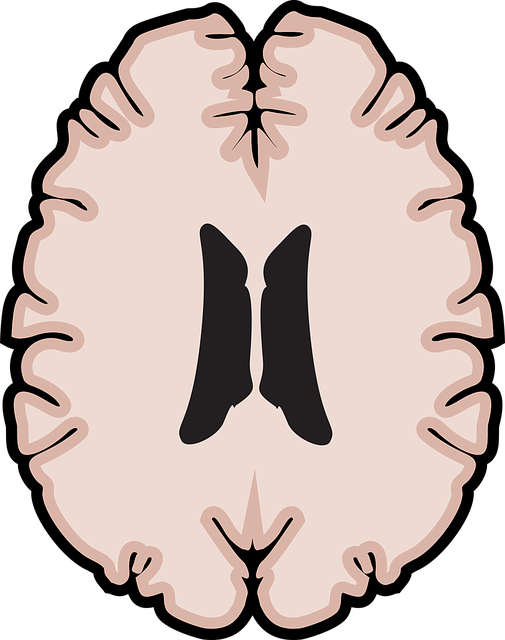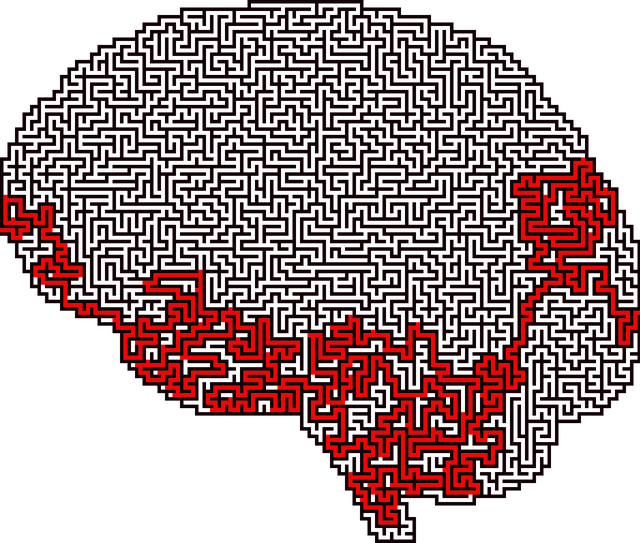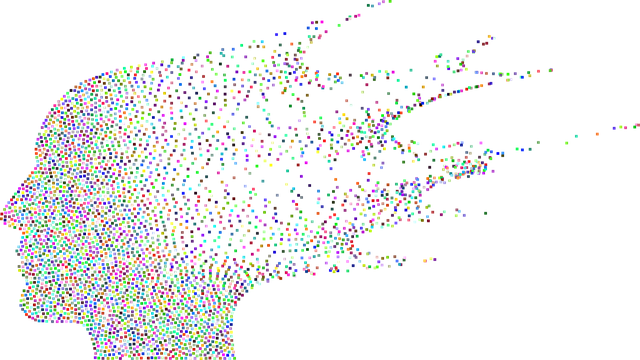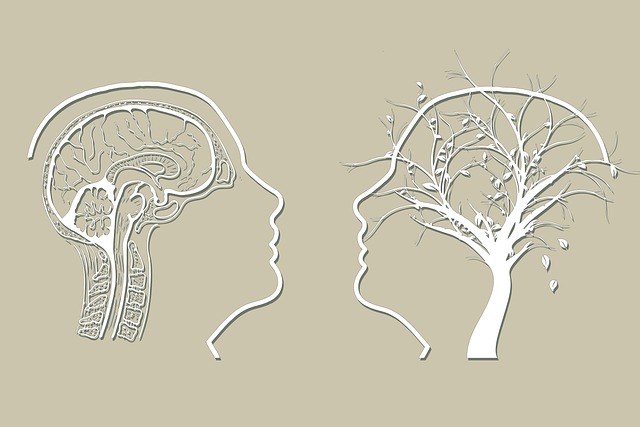Denver Domestic Violence Therapy leverages advanced tools like data analysis and AI for precise mental wellness coaching. By integrating cultural sensitivity training, they ensure holistic care tailored to diverse communities' needs, enhancing diagnosis accuracy and patient outcomes. Their innovative approach combines education programs with technology, offering personalized interventions, risk management guidance, and public awareness through evidence-based podcasts.
Mental illness diagnosis accuracy is a critical aspect of effective treatment, and ongoing efforts focus on refining assessment methods. This article explores three strategic approaches enhancing diagnosis accuracy in mental health care. We discuss advanced assessment techniques used in Denver Domestic Violence Therapy, emphasizing cultural sensitivity training for professionals. Additionally, the potential of data analysis and AI in diagnosing mental illnesses is unveiled, highlighting their promising role in revolutionizing mental health care.
- Enhancing Diagnostic Tools and Techniques: Utilizing Advanced Assessment Methods in Denver Domestic Violence Therapy
- Integrating Cultural Sensitivity Training for Mental Health Professionals: A Step Towards Accurate Diagnoses
- The Role of Data Analysis and AI in Improving Diagnosis Accuracy: A New Frontier in Mental Health Care
Enhancing Diagnostic Tools and Techniques: Utilizing Advanced Assessment Methods in Denver Domestic Violence Therapy

In the realm of Denver Domestic Violence Therapy, enhancing diagnostic tools and techniques is a game-changer for mental wellness coaching programs development. Advanced assessment methods go beyond traditional methods to offer more accurate and nuanced evaluations. These innovative approaches, integrated into therapy sessions, can uncover complex dynamics within families or relationships, enabling therapists to design tailored interventions that address the root causes of domestic violence effectively.
By incorporating Mental Health Education Programs Design elements in Denver Domestic Violence Therapy, professionals can foster a deeper understanding of mental wellness and its interplay with interpersonal issues. This holistic approach ensures that not only immediate safety is addressed but also long-term recovery and resilience are fostered. Through such comprehensive strategies, the accuracy of diagnosis improves, leading to more successful outcomes for clients navigating challenging mental health landscapes.
Integrating Cultural Sensitivity Training for Mental Health Professionals: A Step Towards Accurate Diagnoses

Integrating Cultural Sensitivity Training for mental health professionals is a significant step towards enhancing diagnosis accuracy, especially in diverse communities. Many individuals from different cultural backgrounds may experience and express mental illness symptoms uniquely, influenced by their cultural beliefs, values, and experiences. Traditional diagnostic approaches, often developed in predominantly white populations, might not always capture these nuances, leading to potential misdiagnoses or delayed treatment.
Denver Domestic Violence Therapy, for instance, recognizes the importance of cultural sensitivity in their practice. They organize stress management workshops and communication strategy sessions to educate professionals about the impact of culture on mental health presentations. By learning to recognize and appreciate these differences, therapists can ensure they provide culturally responsive care, improve patient outcomes, and foster trust within diverse communities.
The Role of Data Analysis and AI in Improving Diagnosis Accuracy: A New Frontier in Mental Health Care

In the realm of mental health care, data analysis and artificial intelligence (AI) are emerging as powerful tools to enhance diagnosis accuracy. By leveraging vast datasets and advanced algorithms, professionals can uncover intricate patterns and insights from patient records, leading to more precise assessments. This innovative approach, often referred to as precision medicine, promises to tailor treatment plans based on individual characteristics, thus revolutionizing Denver Domestic Violence Therapy and beyond.
AI-driven systems can assist mental health professionals in navigating complex decision-making processes, specifically in risk management planning and crisis intervention guidance. These technologies offer continuous learning capabilities, adapting with each new case and improving over time. Moreover, integrating AI into practice could foster the production of evidence-based Mental Wellness Podcast Series, disseminating valuable knowledge and enhancing public awareness about mental health issues.
Mental illness diagnosis accuracy improvements through enhanced tools, cultural sensitivity training for professionals, and data analysis with AI show promising potential. Integrating these innovative approaches, as seen in Denver Domestic Violence Therapy, can lead to more precise assessments, personalized treatments, and ultimately, better outcomes for individuals struggling with mental health challenges. This multifaceted strategy ensures that mental health care keeps pace with the evolving needs of a diverse population.














